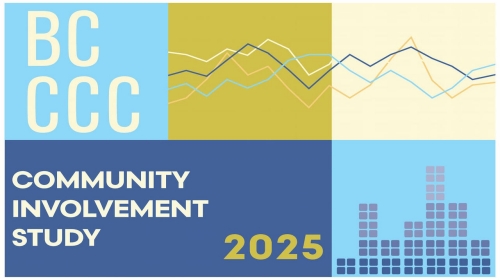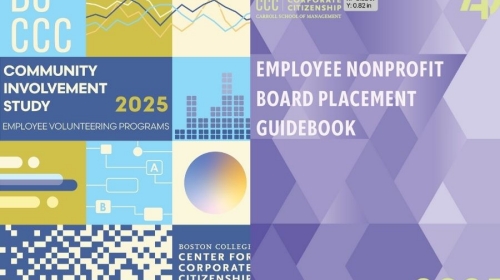WEBINAR: This webinar explores how to measure and communicate your organization's social impact with proven frameworks and strategies that matter to stakeholders.
Inclusion = Innovation

“The breakthrough innovations come when the tension is greatest and the resources are most limited. That’s when people are actually a lot more open to rethinking the fundamental way they do business.”
- Clayton M. Christensen
Crises drive innovation. Of course, every disruption is different, but innovations are the resilient responses of people and organizations, such as the businesses in which we work, that help us adapt to new conditions. Global challenges—such as the COVID-19 pandemic we are in currently—highlight the need to apply new solutions to new problems. Of course, those new solutions can change fundamentally our understanding of old problems, too.
This has certainly been the case with the COVID-19 pandemic, which has brought into stark focus the inequality in many institutions. Combined with the demonstrations for racial equality this past year, we have reached a moment of intensified reflection and discussion about social justice. As a result of these there is a renewed push among companies to improve the practice of diversity, equity, and inclusion (DEI).
In the newly published Winter issue of the Corporate Citizen magazine, you’ll find numerous examples of how companies are meeting the moment with innovations that address complex problems. We’ll look at how KPMG and Vertex reinvented volunteer programs to accommodate remote employees; Exelon and Qlik are investing in start-ups addressing climate change in new ways; Old National Bank is using inclusion to inspire employee-led community involvement programs—and more.
To learn more about creatively incorporating DEI strategies into corporate citizenship, I invite you to join our upcoming International Corporate Citizenship Conference, April 28-26, 2021. This is an exceptional opportunity to carve out dedicated time to listen, learn, and connect with hundreds of other CSR professionals on how to promote inclusive corporate citizenship, from near-term steps to long-term plans for addressing systemic inequality and climate justice. It’s all taking place on our state-of-the-art virtual platform, which provides seamless self-directed networking and plentiful opportunities to learn from each other.
I’ll leave you with this: You know what else thrives in crisis? Corporate citizenship. Adding to a growing pile of empirical research supporting the business case, a study conducted from February to April last year found that companies with higher ESG ratings performed better than peers during crisis-driven market downturns. Your work strengthens our society and your company’s bottom line. Keep it up!
Read Issue 35 of the Corporate Citizen »
Related Content
RESEARCH BRIEF - Researchers investigated how ESG activities help or hurt financial performance, using nine years of data from over 1,200 global companies.
RESEARCH BRIEF - Researchers analyzed 4 US energy exchange-traded funds (ETFs) over 15 years, including 2 dirty energy funds tracking fossil fuel companies and 2 clean energy funds tracking renewable energy companies.
RESEARCH BRIEF - Researchers conducted a survey, which measured perceptions of CSR and ethical leadership within the manufacturing and service industries.
WEBINAR: This webinar explores how corporate giving will be reshaped by the One Big Beautiful Bill. Hear directly from corporate citizenship leaders as they share innovative, real-world strategies that deliver impact for communities and results for business.
This study explores shifting trends in employee volunteering, corporate giving, and other means of corporate community involvement.
This guidebook offers insights on placing employees in nonprofit board service roles.
This study explores shifting trends in employee volunteering, corporate giving, and other means of corporate community involvement.








